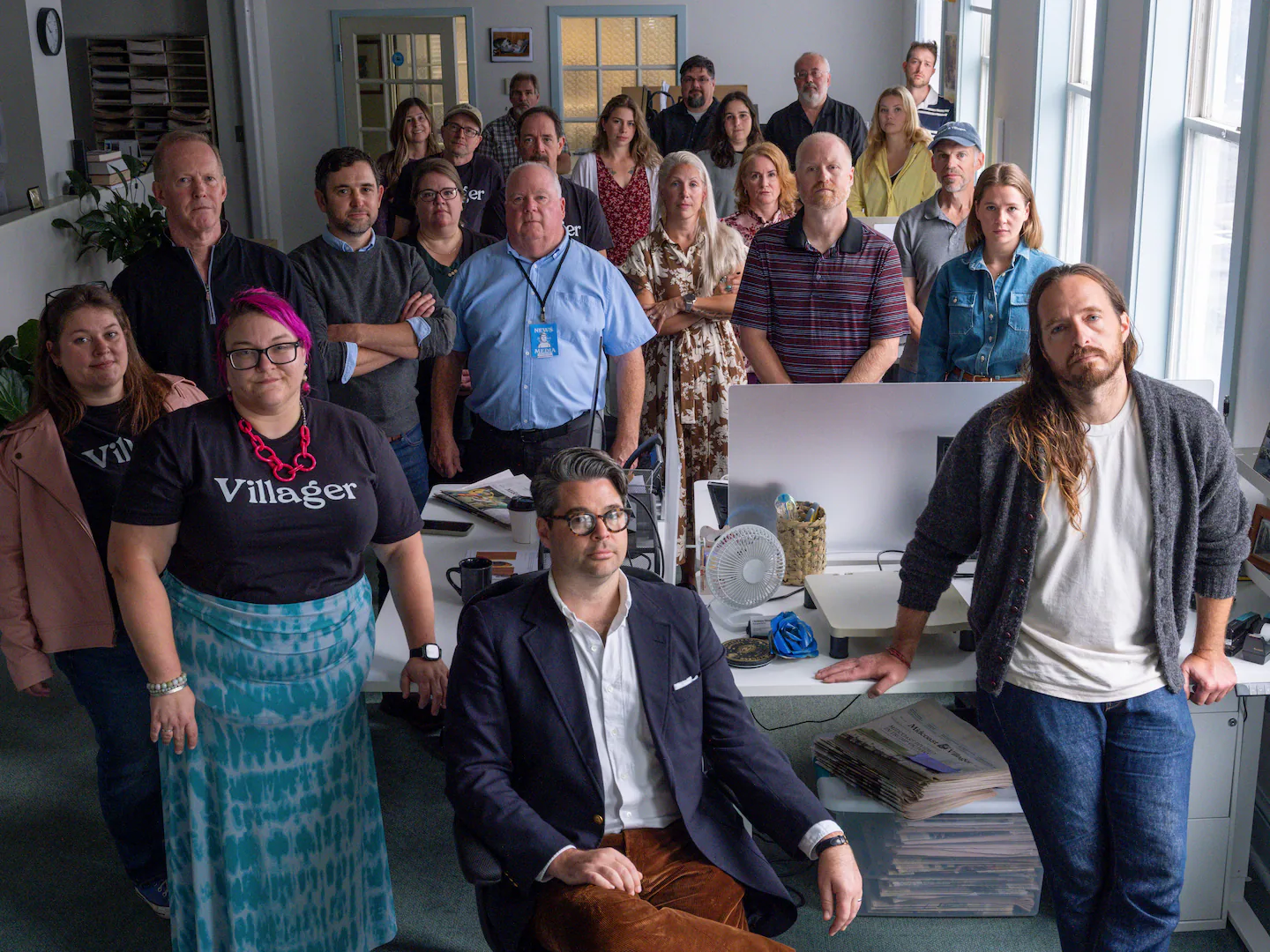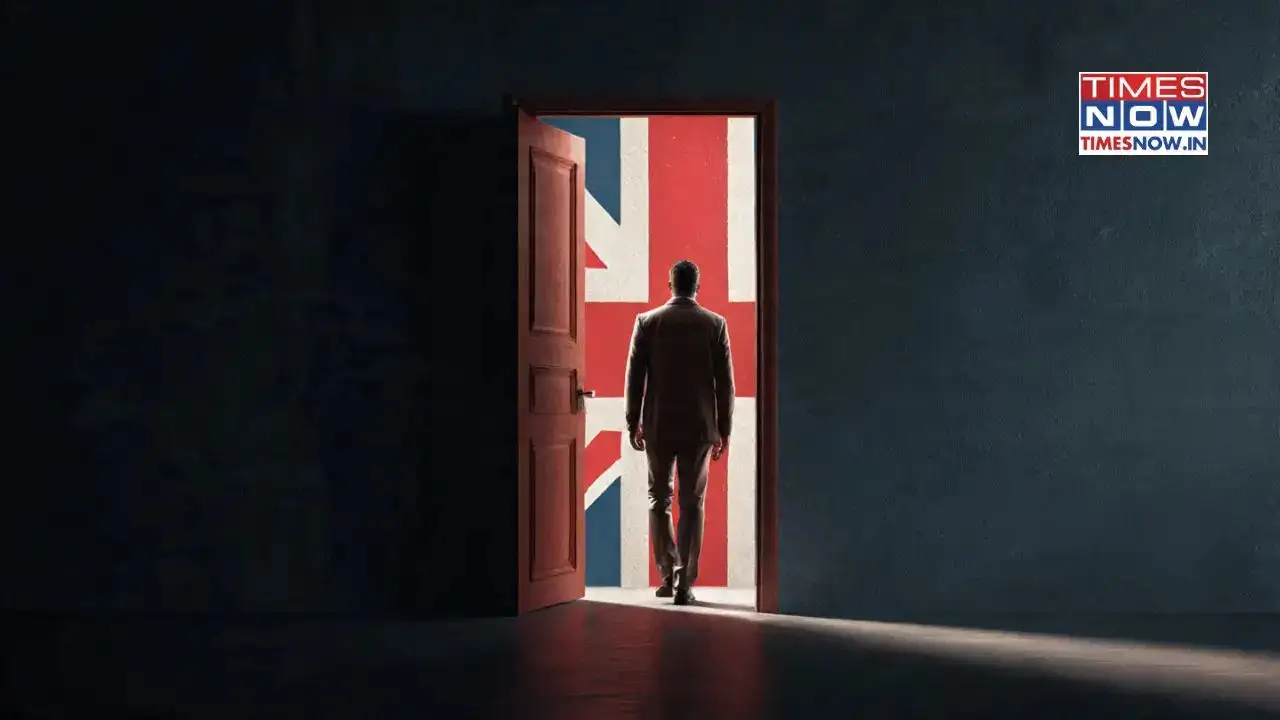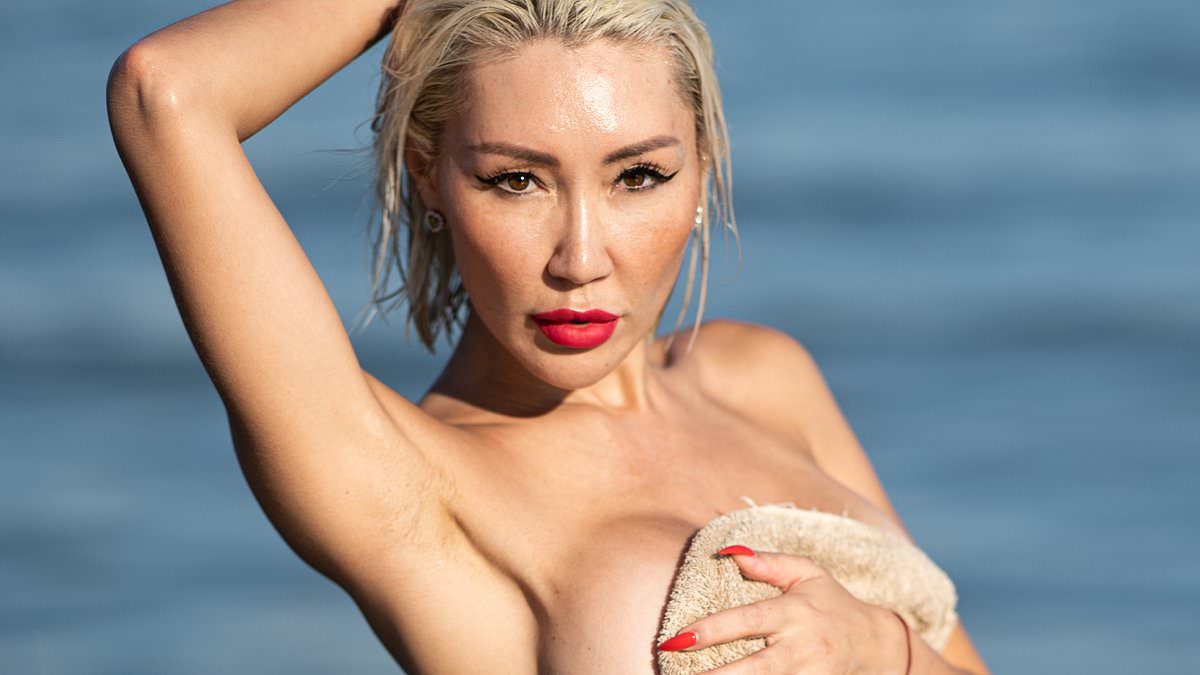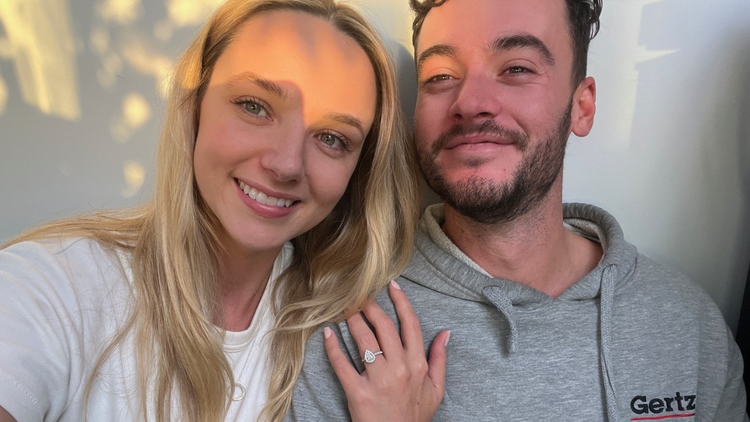Copyright The Boston Globe

The Globe spoke to Seitz-Wald about his reporting on the Platner campaign, how the Villager approaches its political coverage, and whether local news outlets need to be able to effectively share their reporting outside of their communities. The interview has been edited for brevity and clarity. I thought I was getting away from national politics, but they pulled me back in. The day before Platner launched, I got a text from an old source who I’ve known for a long time, who said, “I’ve got a candidate who’s gonna jump into the main Senate race. He’s a harbormaster of this small town, Sullivan.” I got on the phone with Platner and was just blown away by how fully formed his message was and how articulate he was. We did a story on it, along with the New York Times and everybody else. And indeed, he did become a thing. Then, of course, [Maine Governor Janet] Mills gets in, the “oppo” comes out, and the race suddenly takes on this whole other layer of interest and meaning. The thing that I was immediately seeing was that all the yard signs are still up, and the people that I talked to in the days after he announced who were into him were still supporting him. That’s when I started to see there’s clearly something that’s being missed in the national coverage. I’ve covered probably hundreds of campaigns — I have seen up close and personal what a dying campaign looks like. I’m very familiar with a campaign on its last legs, and this is not that. Absolutely. I think we all agree that there are not enough reporters in the rest of the country, and too many reporters in New York and DC. I agreed with that when I was a DC reporter. When we live in an information ecosystem where there just are not many boots on the ground reporting up facts from how things are happening, and we simultaneously have this demand for instantaneous analysis and understanding of what’s going on the ground, you’re inevitably going to get false assumptions or perceptions, because people want to come to a conclusion right away about what’s happening. But we’re just not getting those information streams. I do. We’re covering our communities, but we also are sort of spokespeople for the outside world for our communities, and that’s not a role that national media plays or feels equipped to play. But I think it’s appropriate for local media to sort of be champions of your community. One of the things that I felt, and some of my colleagues felt, is that Maine was getting short shrift from the way it was being portrayed. “Oh they’re all willing to support a neo-Nazi, because it’s the whitest state in the country.” For us in Maine, that’s not what’s going on here, and it’s almost a little bit offensive. You want to speak up. Absolutely, that’s the thing we think about a lot. And there’s a balancing test there. Frankly, we’re going after grant money. We just hired a director of development so that national media is nice, because everyone is vain and likes to say that. But there’s a strategic purpose there, which is to hopefully help us raise more money. But the ultimate goal has to be for the local community. Anything that we are doing nationally is ultimately to serve the local community, directly or not. I think we’re very mindful of that. We were four newspapers. We consolidated into one. The three towns had their own individual newspapers, and we’re now a regional paper. There’s inevitably some resentment and sense of loss, and I totally get that. I would love to live in a world where we could support four independent newspapers, but that’s just not the reality. So that criticism is valid. We’ve definitely seen some increased traffic. One of the top search terms that gets people to the Villager is Graham Platner, but that’s obviously people who are not local. It’s nice to have that. But really, we care about the local audience. (Following the interview, Seitz-Wald told the Globe that the the Villager gained roughly 100 new subscribers in the wake of the Times article.) We are experts in our community, so we’ve set this very high bar for political stories where it’s like we need to have a clear local angle or a frame on it that is something that only we can do. We did an early Platner story that was about his oysters — what did his oysters taste like. There’s a big aquaculture industry, and people care about that stuff. Ideally, any political story that the Villager does should be a political story that only the Villager could do. Absolutely. I love national news. I love NBC. They were great to me. But as much as I love covering national campaigns, I would be one of 50 reporters at an event. I have never felt more useful to the world than I do now. The first two Graham Platner events I went to, I was the only reporter there, and that’s the standard. If we’re not there, it doesn’t get covered. And then there’s not just no news about it for our community, but there’s no record about it for history. And so it feels so vital and important what I’m doing, even though people would say it’s smaller. Maybe, but to me, it’s so much more impactful.



